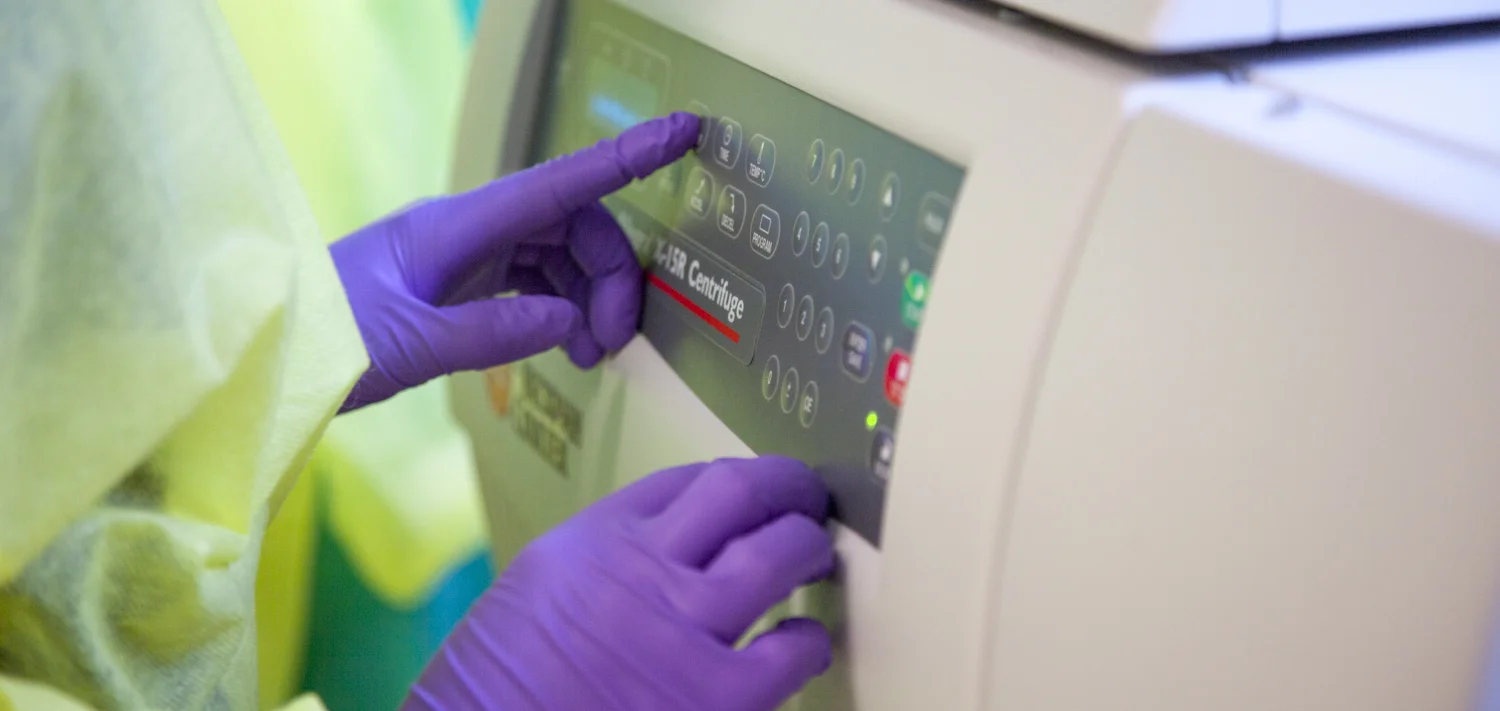Adoptive (engineered) immunotherapy strategies
Extending the immune repertoire of cancer patients with cells (engineered to) expressing a plethora of novel receptors to tackle cancer is a major breakthrough of this decade.
Over half a century ago, the first allogeneic stem cell transplantations (allo-SCT) initiated cellular immunotherapy. For several decades, little progress was made and toxicity of allo-SCT remained a major challenge. However, recent breakthroughs have opened new avenues to further develop this modality and to provide less toxic and equally efficient interventions for patients suffering from hematological or solid malignancies. Current novel cellular immune-interventions include ex vivo expansion and adoptive transfer of tumor-infiltrating immune cells or administration of drugs, which antagonize tolerizing mechanisms. Alternatively, transfer of immune cells engineered to express defined abT cell receptors (TCR) and chimeric antigen receptors (CARs) have shown their potential.
A valuable addition to ‘engineered’ adaptive immunity has emerged recently through the improved understanding of how innate immune cells can attack cancer cells without substantial side effects. This has enabled the development of transplantation-platforms with limited side effects allowing early immune-interventions as well as the design of engineered immune cells expressing innate immune receptors.
Here we focus on innate immune interventions and receptors such as TCRs and their orchestration with TCR and CAR engineered immune cells as well as mechanisms to break tolerance in the tumor microenvironment.

